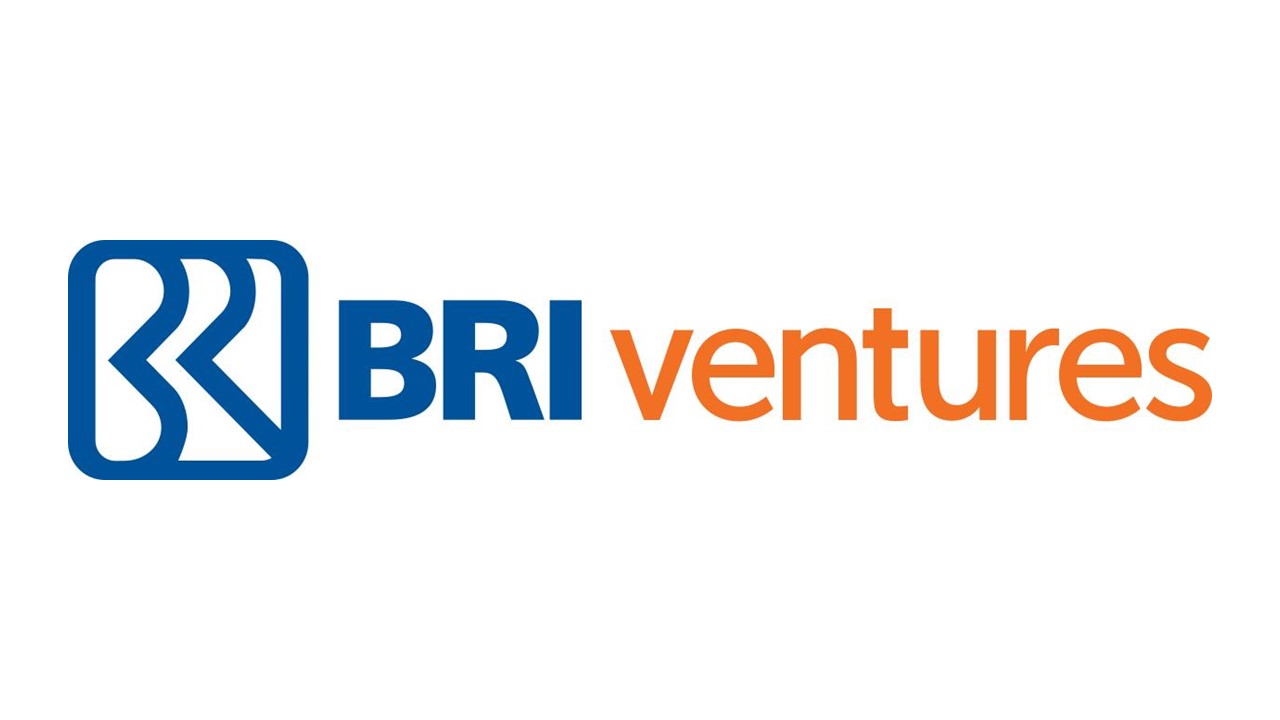vivian
-

Singapore cultured milk startup TurtleTree secures US$6.2 million Pre-Series A round
TurtleTree aims to have its first products in the market by 2021 and is working closely with both regulatory agencies and industry partners.
-

Singapore’s Co-living startup Cove secures US$4.6 million in Series A funding
Cove plans to use the funding capital to expand its room count and expand its geographical footprint to new markets like Vietnam and the Philippines.
-

Malaysia’s used car platform Carsome raises US$30 million Series D led by Asia Partners
The Series D round will further support M&A opportunities.
-

Suning.com’s eCommerce and online retail unit Yunwang Wandian secures US$912 million in Series A funding
Suning.com expects the development of the venture to bring efficiency in scaling advancements and is heavily invested in areas of the supply chain, logistics, and IT infrastructure.
-

BRI Ventures secure US$10.6 million first close on new Indonesian Tech fund
The Indonesian Tech fund is called Sembrani Nusantara Fund and it aims to build a pipeline for Indonesian startups to grow and find good exits.





